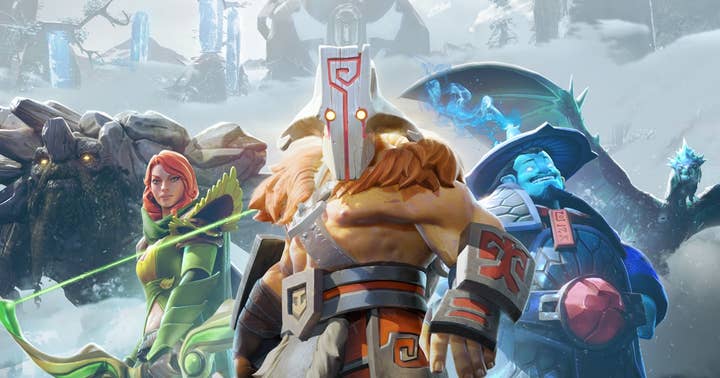Survey finds growing harassment among US gamers
ADL-Newzoo poll finds 68% of online multiplayer games experienced severe harassment in past six months, 22% said it made them quit playing certain games entirely
Harassment is a growing problem for gamers, according to a recent report published by the Anti-Defamation League in collaboration with market research firm Newzoo.
In July, Newzoo polled a nationally representative group of more than 1,000 US gamers between the ages of 18 and 45 to ask about their online multiplayer experiences, both good and bad.
The good news is that 95% of respondents reported having positive social experiences while playing games in the prior six months, including making friends, finding communities to belong to, and discovering new interests.
Those experiences weren't limited to any one type of game. The survey asked about 17 different games, and every one of them saw more than 90% of players reporting positive experiences, with a spectrum spanning from PUBG (91%) to World of Warcraft (98%).
Experiencing harassment was not quite as ubiquitous as having a positive experience, with the portion of respondents reporting any kind of harassment was 81%, up from 74% the previous year. The ADL's definition of harassment includes trolling or griefing, name-calling, and personally embarrassing other players.
51% of people reported threats of physical violence. 53% were discriminated against. 41% were sexually harassed
The ADL also asked about severe harassment -- which includes threats of physical violence, discrimination based on identity, stalking, and more -- and found 68% reported experiencing such abuse in the past six months. That was also up year-over-year from 65% in the 2019 survey.
51% of people reported threats of physical violence. 53% were discriminated against. 41% were sexually harassed.
44% were stalked, which the ADL defined as having their online presence monitored and the resulting information used to threaten or harass them. That particular form of harassment saw the largest year-over-year jump, up 10% from 2019.
The ADL also asked about doxing (having personally identifying information made public) and swatting (when a false report is made to emergency services), finding that 13% and 12% of gamers, respectively, had experienced them in the past six months.
As with the positive experiences, harassment was broadly distributed across many types of games. Players of DOTA 2 and Valorant most commonly reported experiencing harassment, with 80% of players in each title experiencing harassment of any kind, and more than two out of three players in each game saying they were frequently harassed.
The only game to have less than half of its online players experience harassment was Animal Crossing, with 36% reporting an issue.
Of the games that saw the biggest changes in harassment year-over-year, the most significant movers in each direction were Blizzard titles.
22% reported they stopped playing certain games entirely to avoid harassment
Hearthstone went from 57% of players reporting harassment last year to 71% this year, while Overwatch improved on last year's 75% of players harassed to 62% this year.
The impact all this harassment has on players was also addressed. 21% said harassment had made them feel uncomfortable or upset after playing games, while 11% had noticed they treated people worse than usual afterwards.
11% reported having depressive or suicidal thoughts because of their harassment, while 9% contacted the police about it.
The prevalence of harassment in online games is also costing publishers some of their player base, as 22% reported they stopped playing certain games entirely to avoid it.
Despite the pervasive harassment in their games, only 36% of respondents actually reported it in-game.
Among those who didn't report harassing players, reasons included the reporting process being too much effort (15%), not effective or taken seriously (16%), or harassment simply being "part of the gaming experience" (19%).
As for how publishers should address these problems in their games, the ADL offered a few recommendations, including creating content moderation tools for in-game voice chat, improving the ease-of-use of in-game reporting systems and letting players know the outcome of their reports, tightening and enforcing terms of service, and improving workplace culture.
It also called for the industry to come together to address white supremacy on its platforms, and to be more transparent about the hate and harassment that takes place in their games.

